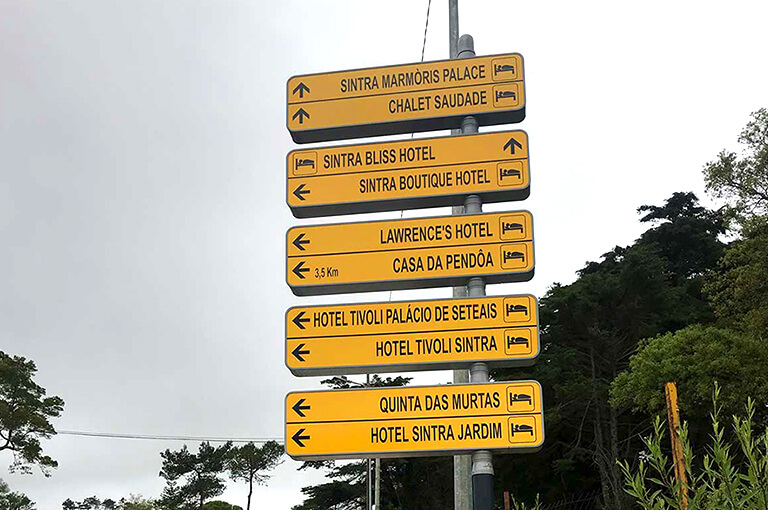Increased hotel reservation cancellations

Hotels should pay much more attention to cancellation fees and their consequences. Instead of accepting the increasing increase in cancellation rates and just tactically adjusting operations to find a short term solution. Hotels should focus more on the reasons why they happen and adapt strategically for long term business success.
Cancellations are an inevitable part of the hotel industry, but In recent times there is no doubt that they have skyrocketed, creating some puzzles for managers and revenue managers.
OTAs encourage you to book multiple hotels in a given destination early enough and then make the final choice without cancellation costs.
These bookers are located at the top of the sales funnel, and are not sure of their plans. Therefore, the planning phase is being transformed into a “by chance” booking phase, which has a very significant impact on hotels.
Use “just a room available” messages to create a sense of urgency to push customers to book even before they are really decided.
There is now a clear difference between hotels getting a reservation from an online travel agency and the actual intention to occupy it.
These bookings are made by “just in case” and the problem is that we cannot differentiate them from the rest of the bookings with a lower probability of cancellation.
Although direct booking cancellation rates are much lower, they are increasing in some hotels. The impact of cancellations
Hoteliers generally do not calculate the actual cost of cancellations when analyzing the cost per channel in their distribution. Cancellation costs not only include loss of revenue when you cannot resell it for the same price,
But also:
(a) the operating costs of processing the volume of reserves which will be canceled, and the operating costs of processing the cancellations themselves (Many of these actions are performed by the front desk / reservation staff).
(b) the additional distribution costs associated with the efforts to get sales, which will later be canceled.
(c) the initial cost of the untapped acquisition. That is, the expense on digital marketing, internet and website, for example the case of a canceled direct booking which subsequently gave rise to an indirect booking through an OTA
The cost of a canceled reservation goes beyond the loss of the room itself. Hoteliers should be concerned about the total cost and its implications. Likewise, they should compare it to the cost of their "Real" reserves.
Conclusions
Hotels should focus their efforts on “converting real bookings” and avoiding wasting time with travelers who book with no real intention of staying and are likely to cancel.
Hotel inventory is perishable and reservations made in advance that are canceled close to the arrival date make it difficult for revenue managers to reach their goals.
Should we treat these reservations with “free cancellation” as a “I'm interested” list type, and give a different treatment to those who are firmly committed to staying at the hotel?
Don't be fooled by good conversion rates if a good deal is canceled.
Focus your efforts on offering real benefits to your direct bookings and encourage those who book in advance and commit to paying in advance (or at least paying a non-refundable deposit).
Hotels should pay much more attention to cancellation fees and their consequences. Rather than accepting rising cancellation rates, and just tactically adjusting operations to find a short-term solution, hotels should focus more on why they happen and strategically adapt to long-term business success.
Conversion rates should be weighed along with cancellation fees, not in isolation. Hotels that adopt a solid direct booking strategy experience a much lower cancellation rate and thus a much more lucrative end result.
Cancellation rates are increasing and are a thorn for all hoteliers. They are costly and often mask and artificially increase hotel conversion rates.
To resolve cancellations effectively, hotels must:
1. Capture cancellation data, reasons, and timing for allow actions based on data rather than assumptions.
2. Use a solid cancellation policy that favors the direct channel and advertise it.
3. Stop offering false advantages for direct bookings. Free Wi-Fi, free parking, and no-fee bookings are no advantage of direct bookings, and your customers can also get them when booking via an OTA. They are simply advantages offered by the hotel! If you want to capture your potential customers and drive them to discard OTAs, you must offer them real and exclusive value.
The hotel website should highlight the advantages it offers the customer if you book through its website, not just the advantages it offers regardless of where you book.
Bookassist surveyed hundreds of hotels in April and the overall response was that OTA cancellation rates are significantly higher than direct cancellation rates.



















